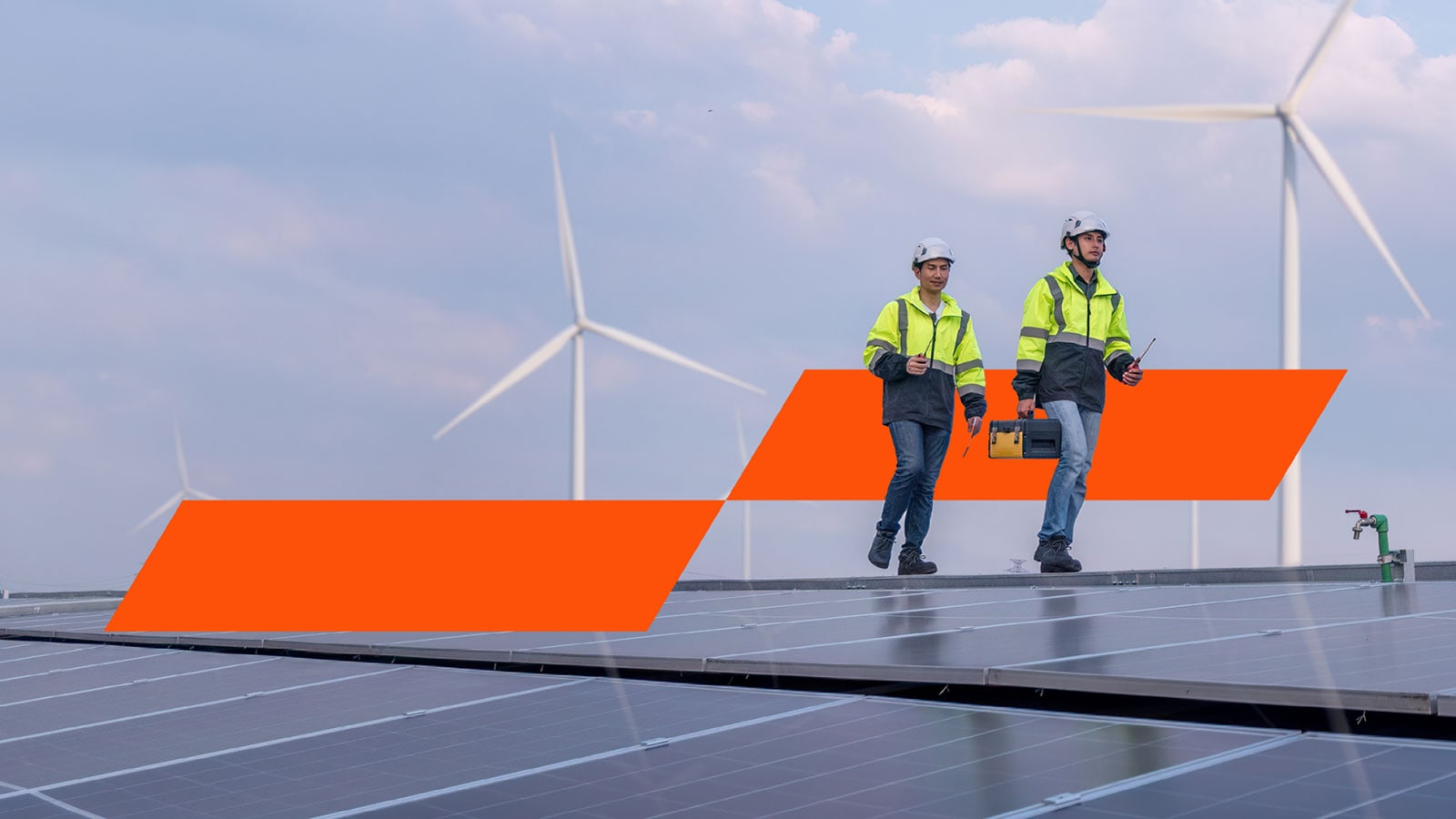Featured
Latest local publications
- Indonesian Pocket Tax Book 2026
- TaxFlash Vol.04/2026 - Updated rules on the use of book value for the transfer and acquisition of assets in the context of merger, consolidation, spin-off or acquisition / Implementing rules of the tax collection process
- Legal Alert / January 2026 / No. 53 - Mandatory annual report and financial statement filing for companies
- Legal Alert / January 2026 / No. 52 - New regulation, same obligation: mandatory divestment for PMA companies
- TaxFlash Vol.03 - Exemption of import duty/excise on imported gifts/donations for natural disaster, public worship, charity, social or cultural purposes / Update on financial information access

PwC's Academy
PwC’s Academy is the specialised learning, education and development arm of PwC, where our PwC practitioners lead your learning experience. At PwC’s Academy, we help our clients transform effectively, be more agile, competitive, productive, sustainable and grow through effective training and learning solutions that cut across industries and business functions.
Media centre
Get to know our leadership, keep up with our latest news, press releases and our selection of translated infrastructure articles.
Alumni
Our alumni programme is about helping you stay a part of the PwC community and connecting you to former colleagues, mentors and friends who have made an impact in your career. It’s also about keeping you up to date with current business issues and regulatory changes through the firm’s various publications, reports and events.


















